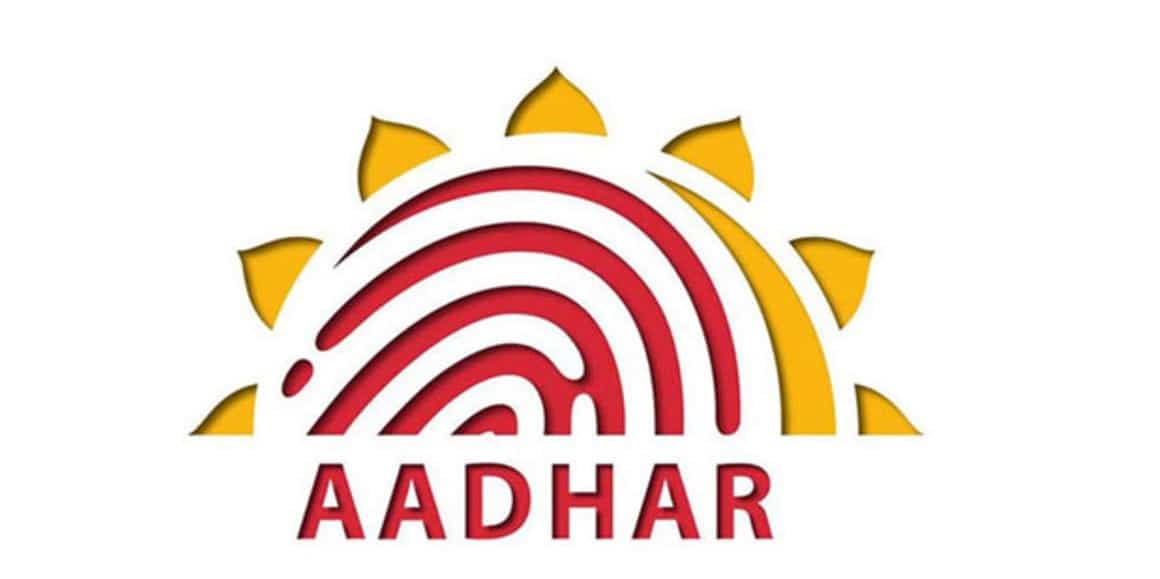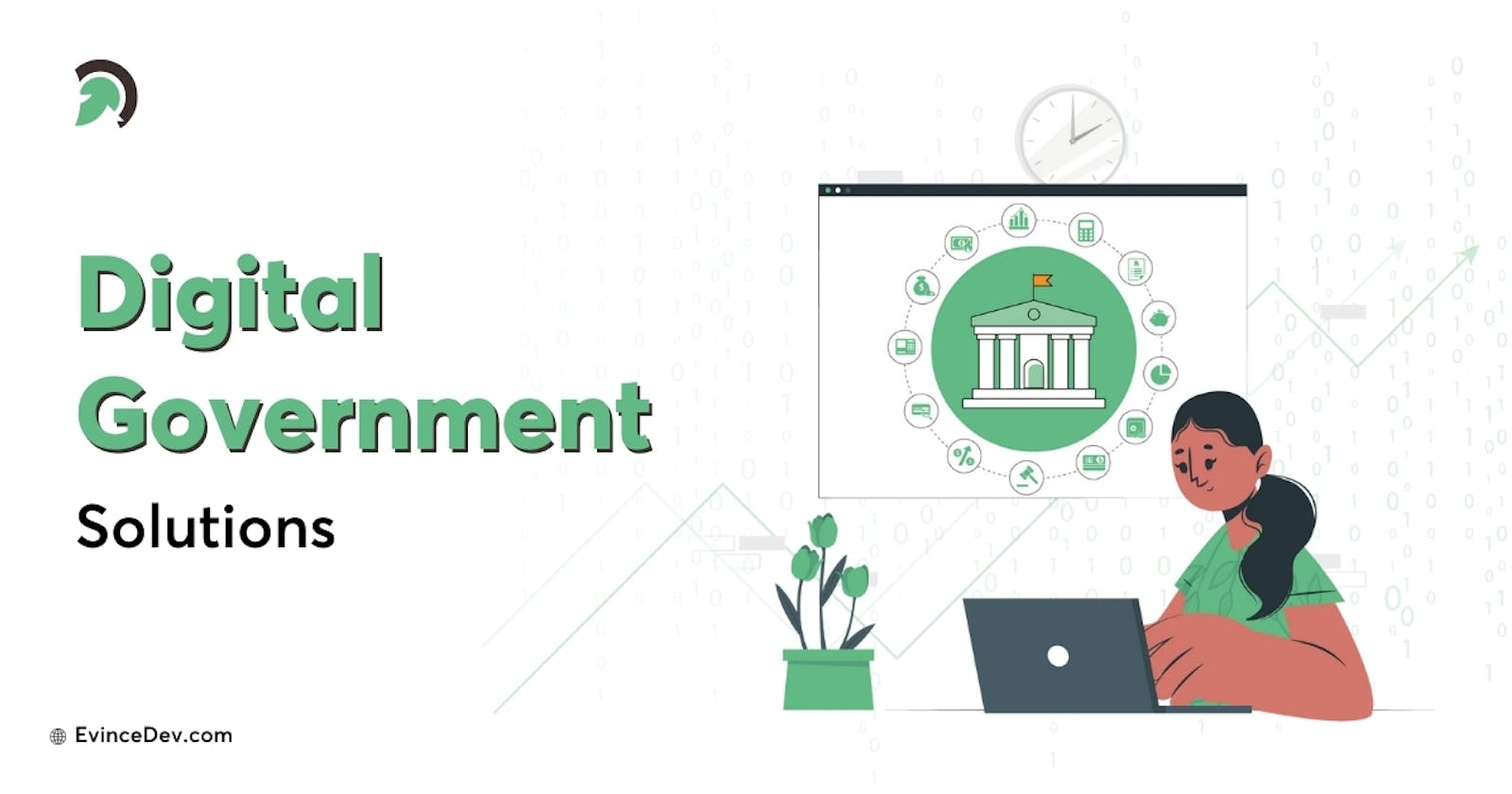From Concept to Airwaves: Exploring The World Of Podcast Streaming Software
Building Tomorrow: The Role Of Government Digitization In Public Administration
Around the world, the public sector plays a critical role in shaping and maintaining societies. From healthcare and education to infrastructure and governance, the public sector is tasked with addressing the diverse needs of citizens. In recent years, a growing emphasis has been on government digitization, transforming the public sector through digital means to enhance efficiency, accessibility, and overall service delivery.
Let’s explore the necessity of government digitization, the challenges in traditional methods, their solutions, and the substantial benefits of embracing digital transformation in the public sector.
Why is Digital Government Necessary?
Digital government is essential for modernizing and optimizing public sector operations. Adopting e government services, automation, and online platforms enhances the efficiency and productivity of government agencies.
Combining emerging digital technologies with human understanding can allow public sector organizations to transform and streamline their services, driving better value from public funds and improving public services.
Collecting and analyzing data supports informed decision-making, contributing to better smart city governance. It engages citizens through online platforms and ensures the security and privacy of sensitive information.
The adaptability to technological advances, crisis response capabilities, and the promotion of innovation and collaboration further highlight the necessity of utilizing digital transformation in the public sector.
Smart governance is a crucial step towards a more responsive, efficient, and citizen-centric governance model, meeting the evolving needs of the digital age.
A Deep Dive into Key Statistics
The following statistics shed light on the global trends and the critical need for digital transformation in the public sector.
According to a survey by Deloitte, 70% of countries have a national digital transformation strategy in place.
A 2023 survey by Deloitte found that 72% of citizens globally believe digital government services are more convenient and efficient than traditional methods.
The global smart city marketplace is anticipated to cross US$1024.4 billion by 2027, according to MarketsandMarkets.
More than 77% of UK citizens feel comfortable providing personal data with digital government services.
Challenges in Traditional Methods to the Public Sector
The public sector faces numerous challenges when it comes to traditional methods. Such challenges not only hinder efficiency but also stop progress. Below are some key challenges the public sector faces:
Manual Paper Work

One of the primary issues the public sector faces is the dependence on manual paperwork. Such an outdated method consumes valuable time and resources and increases the risk of errors and inefficiencies.
By transitioning to digital government solutions, such as electronic documentation and automated processes, the public sector can streamline operations, enhance productivity, and reduce the likelihood of mistakes.
Limited Accessibility
Traditional methods often require individuals to physically visit government offices, which can be inconvenient and time-consuming. By embracing technology, the public sector can provide e-government platforms and digital services, enabling citizens to access information and complete transactions from the comfort of their homes. Such enhanced accessibility promotes efficiency and improves overall customer satisfaction.
Data Security
Ensuring the security of sensitive data is a critical concern for the public sector. Traditional methods, such as physical storage and manual record-keeping, are susceptible to theft, loss, or damage. By adopting robust cybersecurity measures and implementing secure digital storage systems, the public sector can protect confidential information and protect against unauthorized access. It enhances data security and builds trust among citizens regarding the government’s ability to handle their personal information responsibly.
Communication Gap Between Government Departments
Effective communication between different government departments is essential for efficient public service delivery. Traditional methods often result in a communication gap, leading to delays, misunderstandings, and inefficiencies. The public sector can facilitate seamless communication and information sharing among departments by implementing integrated government service portals and collaboration tools. It promotes better coordination and faster decision-making and improves the overall effectiveness of public services.
Establishing Trust
Building trust between the public sector and its constituents is crucial for effective governance. Conventional methods often struggle to establish and maintain trust. By adopting transparency, accountability, and open communication, the public sector can boost trust and confidence among the public. It can be achieved through public consultations, regular updates, and clear channels for feedback and complaints.

Source: Learndash
Solutions For Transforming Traditional Approaches
Traditional methods employed in the public sector often fall short of meeting the evolving public needs. Exploring innovative public sector solutions that can enhance efficiency, effectiveness, and overall performance is necessary to resolve the issue. Here are some potential solutions associated with traditional approaches in the public sector:
Digital Transformation
By employing the potential of digital technologies, the public sector can revolutionize its operations and service delivery. It involves adopting digital tools and government mobile applications to streamline processes, enhance communication, and improve accessibility for citizens. Embracing digital transformation empowers the public sector to keep pace with the ever-changing demands of the modern world.

Source: Forbes
Streamlined Procedures
Traditional methods often need more bureaucratic red tape and complex processes, leading to inefficiencies and delays. Government can enhance efficiency and effectiveness by simplifying and optimizing procedures. It involves identifying blockages, eliminating unnecessary steps, and implementing automated systems where appropriate. Streamlined procedures enable the public sector to deliver services promptly and effectively, benefiting the citizens it serves.
Collaborative Platforms
One effective solution to address the limitations of traditional methods in the public sector is the implementation of collaborative platforms. Such platforms enable various stakeholders, such as government agencies, citizens, and businesses, to work together towards common goals. They can enhance efficiency, effectiveness, and innovation in public sector operations by promoting collaboration and information sharing.
Increase Transparency Through Open Data Initiatives
Increasing transparency using open data initiatives is crucial. It involves making government data accessible to the public in a user-friendly and easily understandable format.
Trust and accountability can be boosted by providing citizens access to relevant information, such as budget allocations, public service performance, and policy decisions. Open data initiatives also encourage public participation and enable citizens to contribute to decision-making processes.
Robust Cybersecurity Measures
In an increasingly digital world, ensuring the security of public sector systems and data security is vital. Performing robust cybersecurity practices is essential to protect confidential data from unauthorized access, cyber threats, and data breaches. The public sector entities can protect critical infrastructure, maintain public trust, and mitigate potential risks by investing in advanced technologies, training personnel, and establishing strict protocols.

Significant Benefits of Digital Transformation for the Public Sector
Government organizations can unlock many benefits that enhance their operations and service delivery by adopting digital technologies. Below are some key benefits of digital transformation in the public sector:
Increased Efficiency and Productivity
It helps simplify repetitive processes and workflows, increasing productivity. Employees can focus on value-added and more strategic activities by digitizing manual tasks and automating repetitive processes using government service apps and websites. It saves time and reduces the risk of errors, ensuring accurate and reliable outcomes.
Streamlined Service Delivery
Such transformation revolutionizes how public sector organizations interact with citizens and deliver services. Citizens can access government services conveniently and efficiently by adopting digital platforms and local government software. It eliminates the need for physical visits and paperwork, saving both time and resources for both the government and the public.
Cost Savings and Resource Optimization
Digital transformation provides considerable cost reductions and possibilities for maximizing resource utilization in the public sector. Governments can save on printing, storage, and administrative costs by digitizing processes and reducing dependency on paper-based systems.

Source: una
Enhanced Transparency and Accountability
It improves the level of accountability and transparency in the public sector. Government agencies can streamline their processes using digital tools like government information portals and technologies, making them more accessible and understandable to the public. Such increased transparency boosts trust and confidence among citizens, as they can easily access information and track the progress of government initiatives.
Better Decision-Making and Policy Formulation
Digital transformation empowers public sector organizations to make informed decisions and formulate effective policies. Government agencies can gain valuable insights into various aspects of electronic governance by utilizing data analytics and artificial intelligence. Some insights enable policymakers to identify public sector trends, anticipate challenges, and create strategies that address the needs and aspirations of the citizens.
Also Read: Top Key Technology Trends For Government & Public Sector
Attracting and Retaining Talent
In today’s digital age, skilled professionals seek opportunities that offer modern and innovative work environments. Government agencies can create a more dynamic and flexible workplace by utilizing digital technologies and mobile government apps, appealing to tech-savvy individuals. It also enables remote work capabilities, allowing employees to achieve a better work-life balance.
Some Inspiring Real-Life Cases from Government Initiatives
Governments increasingly involve digital transformation to streamline operations, enhance efficiency, and improve citizen services. By employing advanced digital technologies, public sector organizations can transform how they work and interact with their constituents.
Now, let’s dig into real-life case studies that illustrate the enormous potential of digital transformation.
Estonia’s e-Government Initiatives
Estonia, a global leader in digital governance, provides over 99% of its public services digitally.
Its e-government solutions include electronic ID cards, digital signatures, and e-voting systems. Such initiatives have increased transparency, reduced bureaucracy, and improved the ease of working in Estonia.
India’s Aadhaar Program
India has executed the world’s most extensive biometric identification system, Aadhaar, which grants a unique 12-digit number to each citizen as per their biometric data (fingerprints and iris scans). The initiative has reduced corruption, simplified social welfare programs, and made it easier for citizens to access online government services such as healthcare and banking.

Source: BiometricUpdate
Singapore’s Smart Nation Vision
Singapore is proactively pursuing its Smart Nation vision by incorporating advanced technologies into various facets of governance. The city-state has presented initiatives such as the National Digital Identity (NDI) system, intelligent transport systems, and e-payments infrastructure to boost the quality of life for its citizens and advance economic competition.
United States 18F and USDS
The United States has settled two digital service teams, 18F and the United States Digital Service (USDS), to encourage federal agencies to accept modern technologies and refine service delivery. Such teams work on projects ranging from reforming government websites to simplifying procurement processes, making it better for citizens to interact with government agencies and access details.
United Kingdom’s Government Digital Service (GDS)
The UK’s GDS was developed to rule the digital transformation of government services. It has created the GOV.UK platform is a single access point for all government services and information, streamlining the user experience (UX) and offering a consistent interface for citizens. GDS also helps other government departments adopt digital best practices, ensuring services are planned with user needs in mind.
How does EvinceDev Drives Innovation in the Government Sector?
Digital transformation has become crucial for the public sector to meet citizens’ changing needs and expectations. It can streamline administrative processes, increase transparency, and enhance service delivery by utilizing public sector technology and citizen engagement tools.
Governments must invest in the necessary infrastructure, skills, and policies for a successful digital transformation journey that enables them to serve their citizens better.
EvinceDev, a software development company, has emerged as a leading player in driving innovation in the government sector, revolutionizing how government agencies operate and engage with citizens. We are committed to transforming government processes and improving citizen services through collaborative partnerships, advanced technologies, and innovative solutions.
If you need assistance regarding the best-tailored software for your specific needs, contact us for a FREE consultation and explore customized e government services.
| Originally published at:
